Discover the intriguing history and unique moniker of Chicago, also known as “The Windy City.” Learn about its location, historical rivalries, iconic skyscrapers, various nicknames, and more. Uncover why Chicago has earned its reputation and other fascinating aspects of this vibrant city.
Introduction
Nestled along the shores of Lake Michigan, Chicago, affectionately known as “The Windy City,” is a city with a rich tapestry of history, innovation, and cultural diversity. In this comprehensive article, we will delve deep into the captivating story of why Chicago bears this peculiar nickname. We’ll explore its remarkable location, delve into historical rivalries, soar high among iconic skyscrapers, unravel various nicknames, and discover other intriguing aspects that make Chicago a city unlike any other. So, let’s embark on a journey to unveil the mystique surrounding the Windy City.
Location of Chicago

Chicago’s strategic location on the southwestern shores of Lake Michigan has played a pivotal role in its development and prosperity. Here, we’ll explore the geographical significance of this bustling metropolis.
Lakeside Marvel
Situated majestically along the scenic shores of Lake Michigan, Chicago not only boasts stunning waterfront views but also enjoys a prime location for trade and transportation. This proximity to one of North America’s Great Lakes has historically made Chicago a bustling center for commerce and industry.
Central Heartland
Nestled in the heart of the United States, Chicago enjoys a geographical advantage that has made it a vital economic and cultural hub. This central location has made the city accessible to people from all corners of the nation, contributing to its diverse and dynamic character.
Midwestern Charm
Chicago’s prime location in the American Midwest allows it to combine the vibrancy of a major urban center with the natural beauty of the surrounding plains. This unique blend of urban sophistication and Midwestern charm gives the city a character that’s truly one of a kind.
History of The City with Some References

To truly understand why Chicago earned the moniker “The Windy City,” we must take a journey back in time. Let’s explore key moments and references that have shaped Chicago’s identity.
Early Settlement
Chicago’s origins trace back to the early 19th century when it was nothing more than a small trading post. However, its rapid growth was spurred by its strategic location, acting as a nexus for trade between the East and the burgeoning western frontier. This crucial role in westward expansion contributed significantly to Chicago’s meteoric rise.
The Great Fire of 1871
One of the most iconic events in Chicago’s history is the Great Fire of 1871. This devastating inferno razed much of the city to the ground. However, from the ashes of destruction emerged a phoenix of innovation and urban planning. Chicago’s remarkable reconstruction following the fire set the stage for its future as a global city.
A City of Firsts
Chicago has consistently been at the forefront of innovation. From architectural achievements like the Home Insurance Building, considered the world’s first skyscraper, to hosting the world’s first Ferris wheel at the 1893 World’s Columbian Exposition, the city has left an indelible mark on American culture and innovation.
Chicago Rivalry with Cincinnati City
Chicago has had its fair share of rivalries, and one particularly notable one is with Cincinnati. Let’s delve into the history behind this intriguing rivalry.
Trade and Commerce
Both Chicago and Cincinnati vied for supremacy in the shipping and trade industry during the 19th century. This fierce competition led to occasional disputes, as each city sought to dominate the lucrative commerce of the era.
Cultural Differences
Beyond economic rivalry, Chicago and Cincinnati also had differing cultural influences and identities. These distinctions contributed to the rivalry, with each city striving to assert its uniqueness and cultural heritage.
Chicago Rivalry with New York City
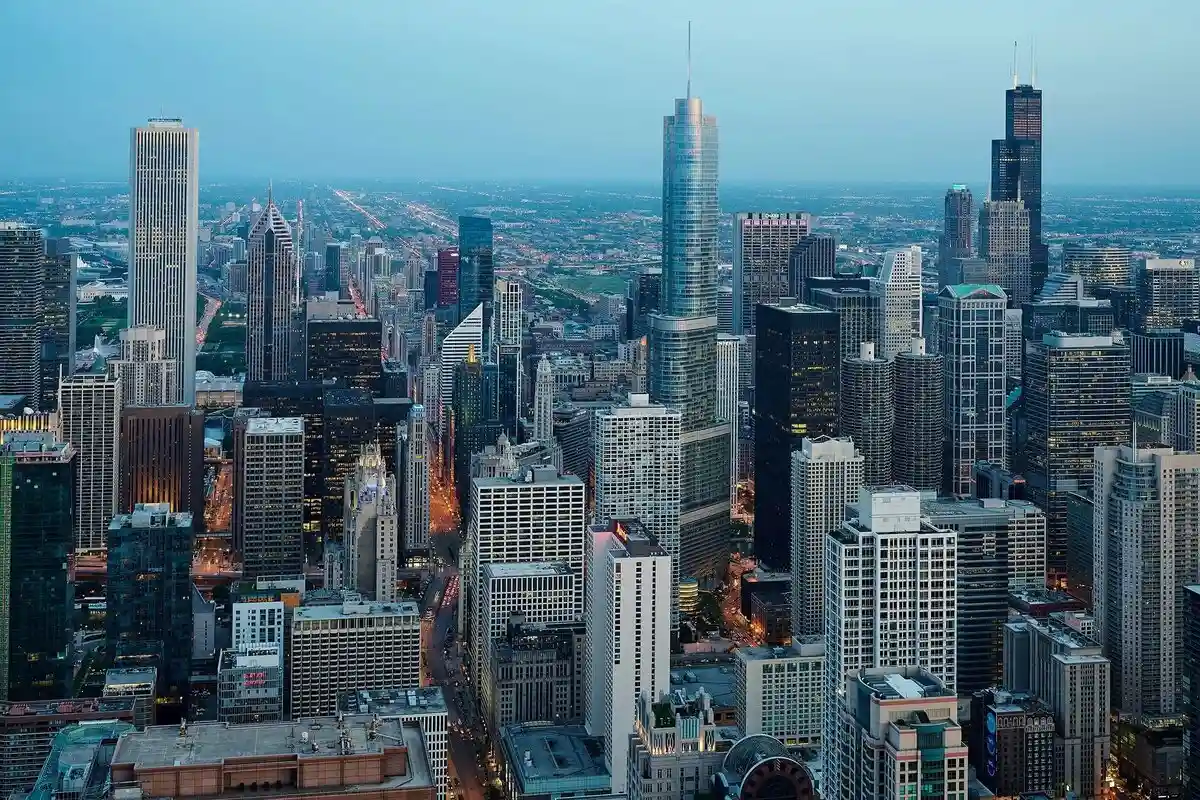
Another captivating rivalry in Chicago’s history is its friendly competition with the colossal New York City. Let’s explore the reasons behind this rivalry that continues to this day.
The Tale of Two Cities
The rivalry between Chicago and New York City often revolved around the title of the nation’s cultural and economic epicenter. While New York City was known for its financial might and Wall Street, Chicago was determined to showcase its unique architectural style and the bustling financial district in the Loop.
Urban Identity
Chicago’s distinctive architectural heritage and towering skyline stand in stark contrast to the towering skyscrapers of Manhattan. This contrast has added a unique dimension to the rivalry, with each city proud of its urban identity.
Skyscraper Buildings
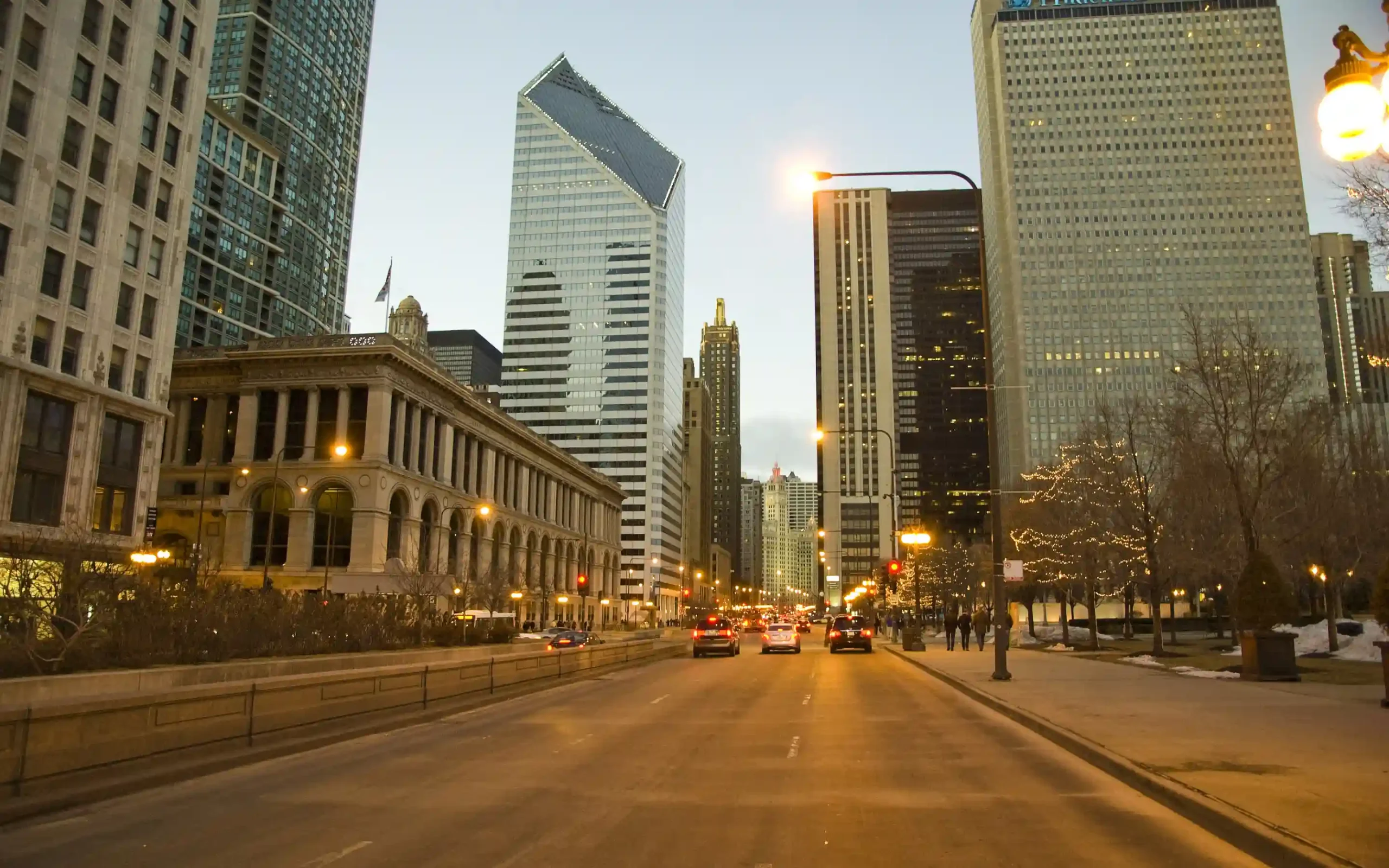
Chicago’s skyline is synonymous with towering skyscrapers that touch the sky. In this section, we’ll explore the city’s pivotal role in shaping modern architecture.
Birth of the Skyscraper
Chicago is considered the birthplace of the skyscraper. This architectural revolution was made possible by innovative architects like Louis Sullivan and the construction of the iconic Home Insurance Building in 1885. The city’s skyline would never be the same again.
Architectural Marvels
From the iconic Willis Tower (formerly known as the Sears Tower) to the John Hancock Center, Chicago’s skyline is a testament to human ingenuity and engineering prowess. Each skyscraper tells a story of architectural excellence and ambition that defines the city’s landscape.
Various Nicknames of Chicago

Aside from “The Windy City,” Chicago has acquired a multitude of nicknames over the years, each with its unique story. Let’s uncover the stories behind some of these monikers.
Chi-Town
A popular abbreviation of Chicago, “Chi-Town” is a term of endearment used by both locals and visitors alike. It reflects the city’s welcoming and friendly spirit.
Second City
Despite its nickname, Chicago is second to none when it comes to culture and innovation. “Second City” is a moniker that highlights the city’s vibrant arts scene and its standing as a cultural powerhouse.
City of Big Shoulders
“The City of Big Shoulders” is a nickname that reflects Chicago’s resilience and strength. It symbolizes the city’s ability to shoulder heavy burdens and overcome challenges, both in its history and its future.
Other Reasons Chicago Is Known For
Beyond its nickname, Chicago is renowned for various reasons that make it a truly remarkable city, offering a plethora of experiences to its residents and visitors.
Culinary Delights
Chicago’s diverse culinary scene is a gastronomic delight. Famous for its deep-dish pizza and Chicago-style hot dogs, the city’s food culture is a treat for food enthusiasts from around the world.
Cultural Haven
The city’s vibrant arts and music scene are second to none. From the world-class Chicago Symphony Orchestra to the renowned Art Institute of Chicago, the city is a cultural mecca that continually inspires and captivates.
Sports Capital
Chicago boasts a rich sports heritage. With passionate fans supporting teams like the Chicago Bulls, Cubs, and White Sox, the city is a sports capital where the roar of the crowd is a testament to its unwavering sportsmanship.
Conclusion
In conclusion, Chicago’s nickname, “The Windy City,” is a product of both historical events and meteorological quirks. Its strategic location, historical rivalries, iconic skyscrapers, various nicknames, and numerous other facets contribute to its unique identity. Whether you’re a resident or a visitor, Chicago’s charm and allure are undeniable, making it a city that beckons exploration and celebration.
FAQs
Why is Chicago called “The Windy City”? Chicago earned this moniker due to its strong and frequent winds, especially along the shores of Lake Michigan. The term also gained popularity during a rivalry with Cincinnati, where Chicagoans were deemed boastful and “windy” about their city.
What is the significance of Chicago’s location? Chicago’s location on Lake Michigan and at the heart of the Midwest made it a vital center for trade and transportation, contributing significantly to its growth and prosperity.
How did the Great Fire of 1871 impact Chicago’s history? While devastating, the Great Fire of 1871 led to the city’s reconstruction with modern architectural advancements, shaping Chicago’s future as a global city.
What are some famous skyscrapers in Chicago? Chicago is home to iconic skyscrapers like the Willis Tower and the John Hancock Center, showcasing its architectural prowess and innovation.
What are some other nicknames for Chicago? Chicago goes by various nicknames, including “Chi-Town,” “Second City,” and “City of Big Shoulders,” each highlighting different aspects of its character and history.
What makes Chicago known beyond its nickname? Chicago is renowned for its culinary delights, cultural richness, and vibrant sports scene, adding to its multifaceted appeal and ensuring there’s something for everyone in the Windy City.

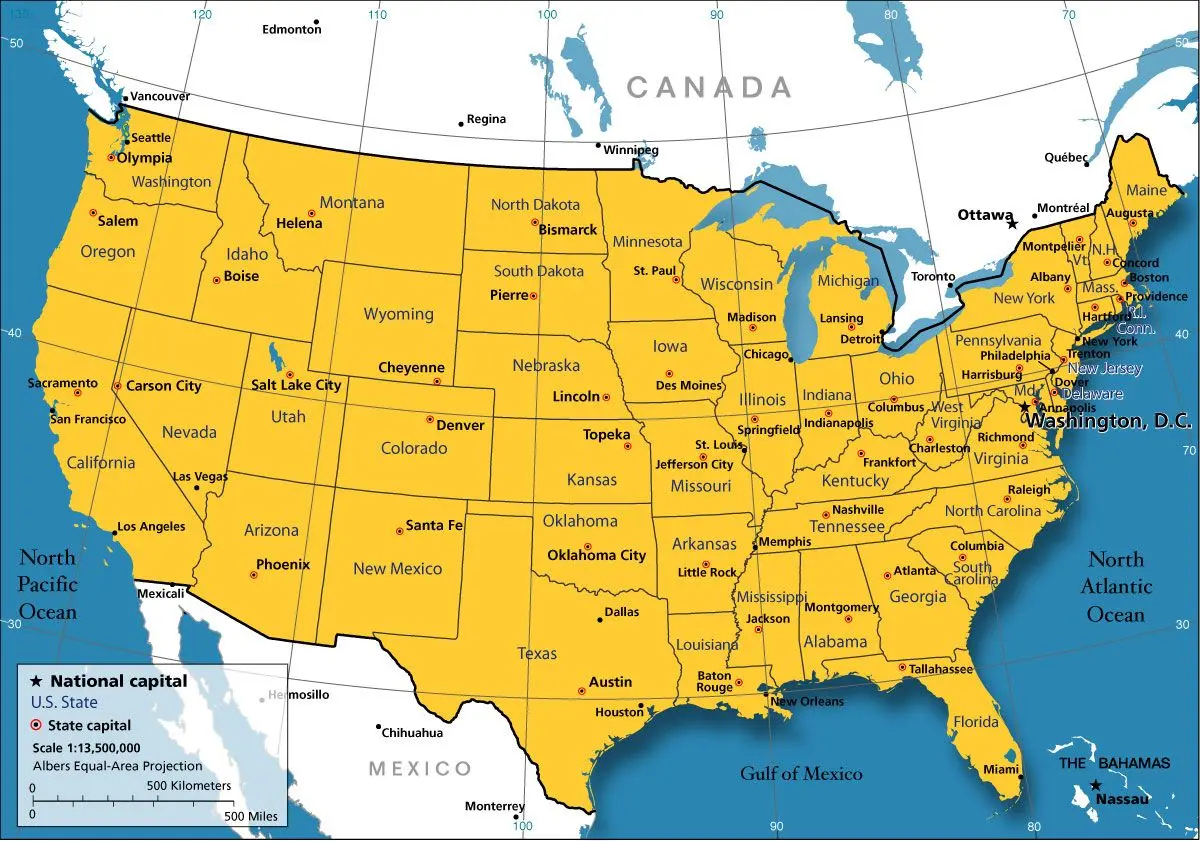



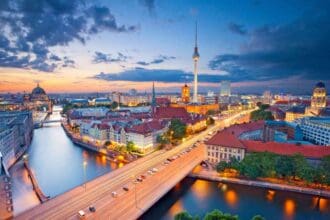
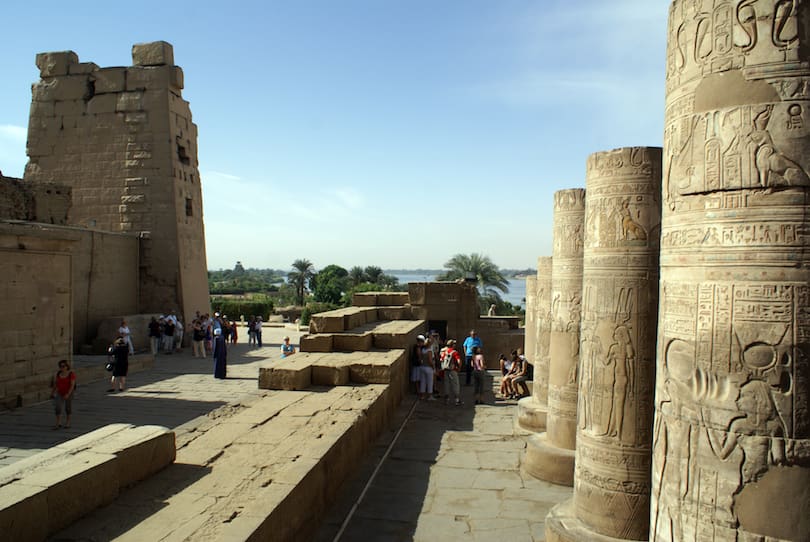

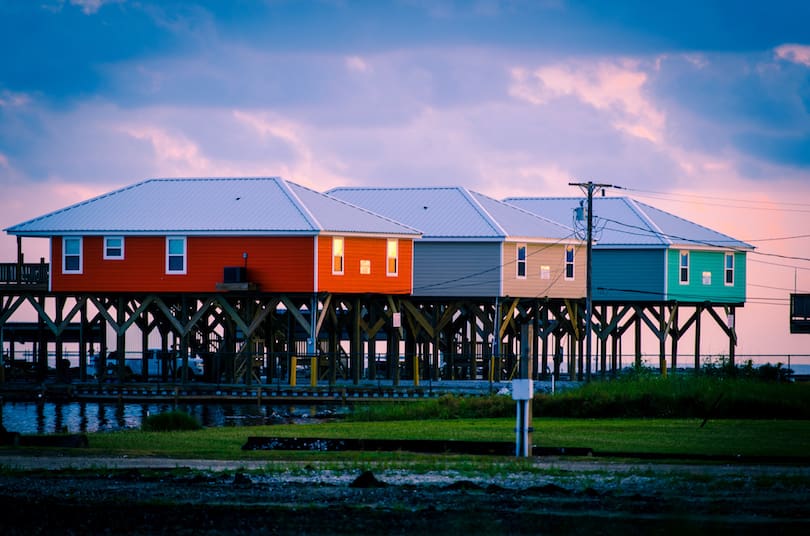





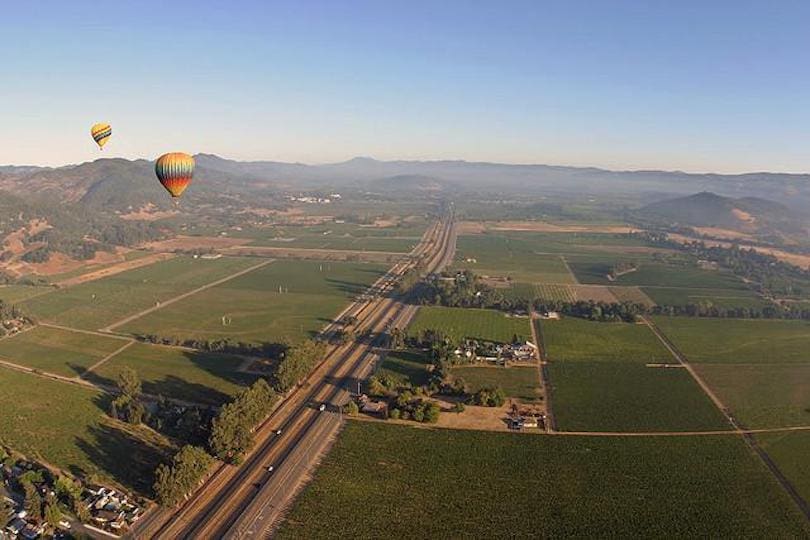


I am just writing to make you be aware of of the incredible discovery my wife’s child obtained checking your webblog. She picked up numerous details, including how it is like to possess an awesome coaching mindset to have the rest very easily fully understand specific problematic subject areas. You truly surpassed our expected results. Thank you for distributing these productive, dependable, revealing and as well as unique guidance on your topic to Ethel.
Este site é realmente incrível. Sempre que acesso eu encontro coisas diferentes Você também vai querer acessar o nosso site e descobrir detalhes! Conteúdo exclusivo. Venha descobrir mais agora! :)
Thank you for the auspicious writeup. It in truth was a enjoyment account it. Glance complex to far delivered agreeable from you! However, how can we communicate?
Hello there, You have performed an excellent job. I will certainly digg it and in my opinion recommend to my friends. I’m sure they will be benefited from this website.